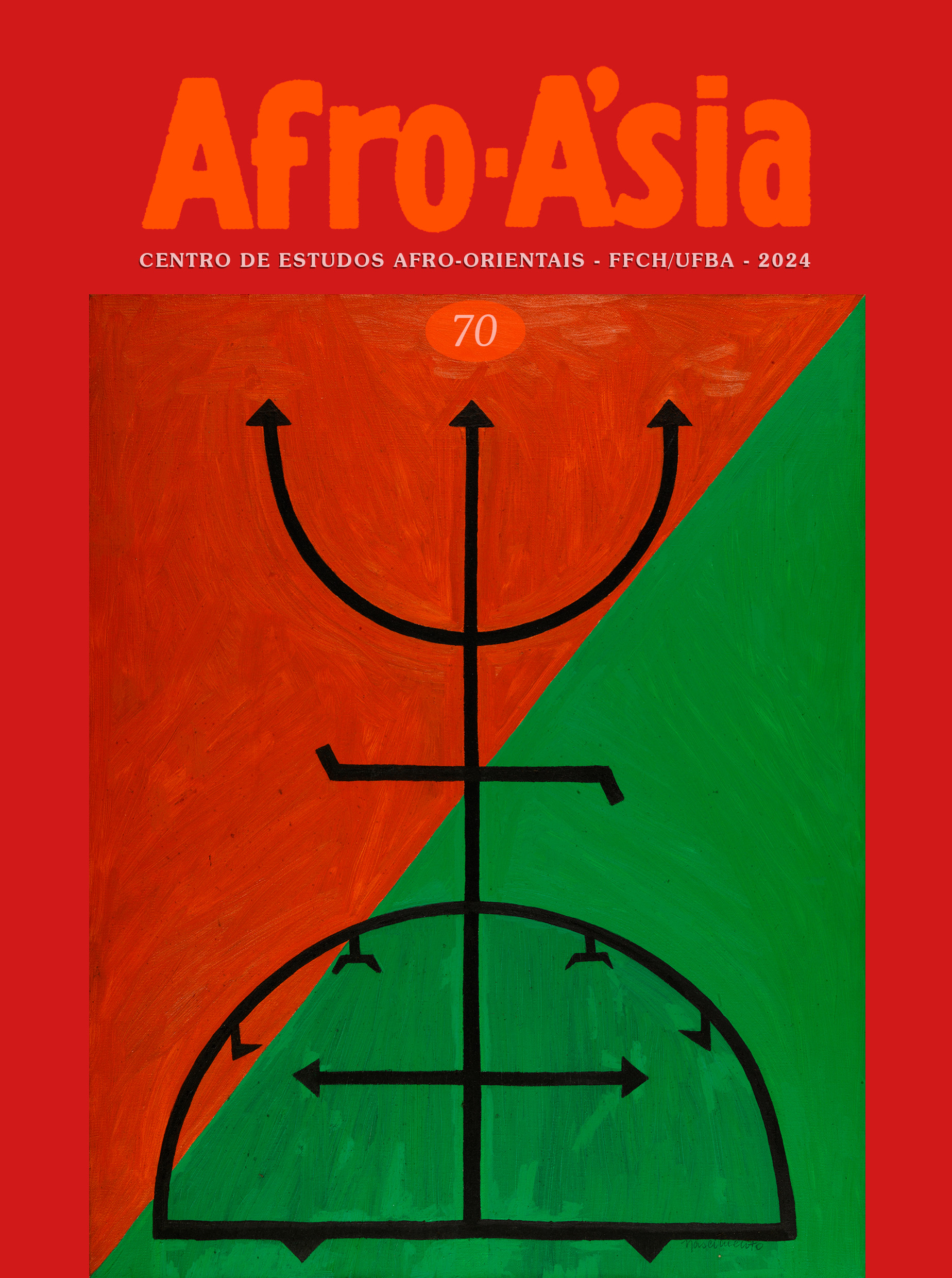Afrikanistika
The Origins of African Studies in the Soviet Union, 1929-1945
DOI:
https://doi.org/10.9771/aa.v0i70.62536Keywords:
African studies, Soviet Union, Intellectual history, Communist International, Communist University of the Toilers of the EastAbstract
From the beginnings in the 1920s until the end of the Second World War, African studies in the USSR were carried forward by a group of revolutionary intellectuals working under difficult material conditions and in a delicate political context. Soviet researchers were prevented from conducting fieldwork in colonised territories, and from accessing primary documentation. Internal political turmoil, the “cultural revolution” in the late 1920s, the Great Terror in the 1930s, and the outbreak of war against Nazi Germany had a direct impact on intellectual life generally, and on African studies in particular. Despite the empirical weakness of their work, these researchers attempted to break away from an ethnographic approach to the study of African societies, which dominated in Western universities at the time. This article describes the development of this field of study and its different phases in the Soviet Union, based on the trajectories of several important figures.
Downloads
Downloads
Published
How to Cite
Issue
Section
License
Copyright (c) 2025 Colin Darch

This work is licensed under a Creative Commons Attribution 4.0 International License.
You are entitled to freely share, adapt and use the work herein published for any legitimate purpose as long as authorship and the original source are acknowledged.




